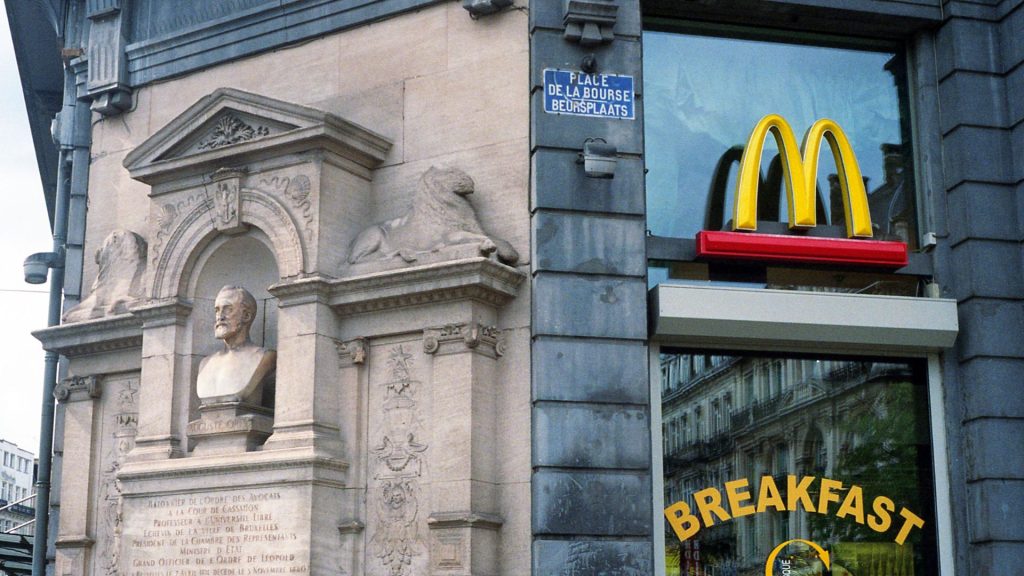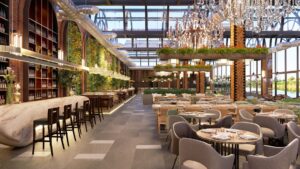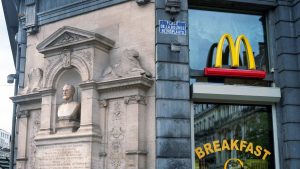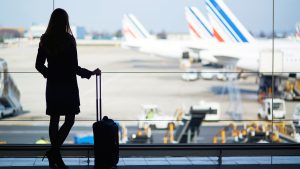In the hospitality realm, understanding the distinct upselling dynamics between the food and beverage (F&B) sector and hotels is paramount. Let’s delve into this comparison, exploring how upselling strategies vary between iconic fast-food chains like McDonald’s and upscale accommodations.
Upselling Dynamics
Speed vs. Experience:
In the fast-paced F&B industry, upselling is about speed and efficiency. At McDonald’s, for instance, cashiers swiftly offer meal upgrades or add-ons during ordering to maximize transaction value within a short interaction window. Conversely, hotels prioritize guest experience, taking a consultative approach to upselling. Staff engage in personalized conversations, recommending options like room upgrades or spa packages to enhance the guest’s stay.
Menu Engineering vs. Package Bundling:
F&B outlets excel in menu engineering, strategically placing high-margin items and suggestive selling cues. At Starbucks, for example, upsizing a coffee or adding a pastry to an order is subtly encouraged through menu layout. Hotels, however, leverage package bundling to entice guests with value-added offerings. From romance packages to family deals, bundling creates irresistible propositions that cater to different guest needs.
Brand Loyalty vs. Guest Loyalty:
F&B chains prioritize building brand loyalty through rewards programs and promotions. McDonald’s “McDonald’s Monopoly” promotion incentivizes upsells through gamification, driving repeat visits and higher spend. In contrast, hotels focus on fostering guest loyalty through exceptional service and personalized experiences. Loyalty programs and member-exclusive perks encourage direct bookings and repeat stays.
Upselling Touchpoints:
While upselling opportunities exist in both industries, the touchpoints differ. In fast-food settings, upselling primarily occurs at the point of sale, with cashiers driving impulse purchases. Hotels, however, have multiple touchpoints throughout the guest journey, from booking to post-stay follow-ups. Each interaction presents an opportunity to upsell additional services, reinforcing the hotel’s commitment to exceeding guest expectations.
Emotional Connection vs. Transactional Upselling:
Ultimately, the essence of upselling lies in the emotional connection with the customer. F&B chains often rely on transactional upselling tactics to increase immediate sales volume. Hotels, on the other hand, focus on creating lasting emotional connections. From warm welcomes to personalized recommendations, hotels aim to create memorable experiences that resonate with guests long after checkout.
Conclusion:
In the dynamic world of hospitality, understanding the upselling dynamics is crucial for success. By comparing strategies between the F&B and hotel industries, establishments can tailor their approach to drive revenue and enhance guest satisfaction effectively. Whether it’s through speed and efficiency or personalized experiences, mastering the art of upselling ensures continued growth and guest loyalty in both sectors.







